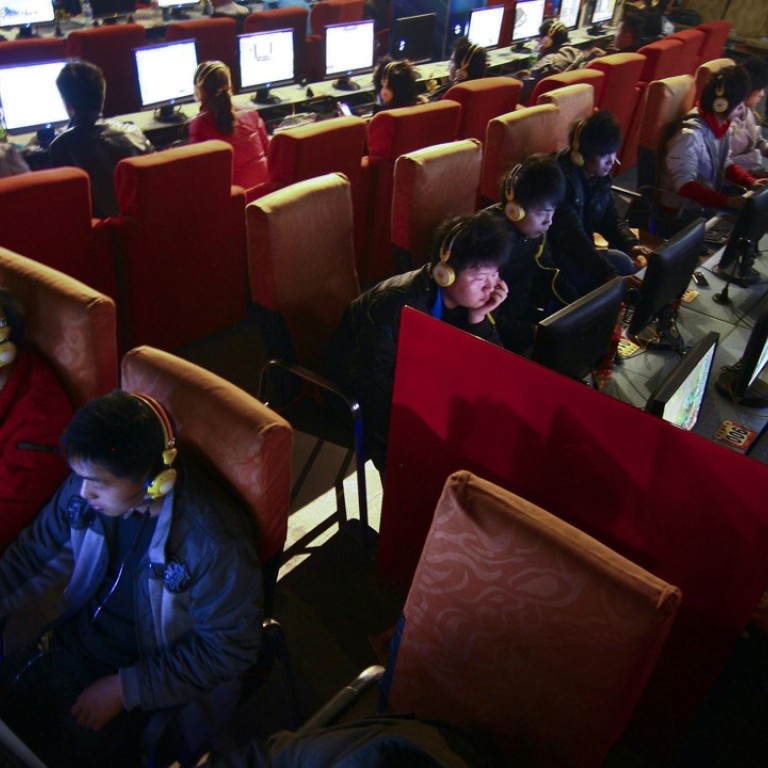
China shuts 128,000 ‘harmful’ websites in 2017: state media
Announcement comes as the authorities tighten control of content on the internet, amid already routine censorship of the media
China shut as many as 128,000 websites that contained obscene and other “harmful” information in 2017, the state-run Xinhua news agency reported late on Monday, citing government data.
Xinhua said 30.9 million illegal publications were confiscated over the course of the year, while 1,900 people were subject to criminal penalties, according to figures from the national office in charge of combating pornography and illegal publications.
China has been tightening controls over internet content as part of efforts to maintain “social stability”, taking on “vulgar” and pornographic content as well as the unauthorised dissemination of news.
Major websites run by Tencent, Baidu and Weibo were reprimanded and fined last year by China’s internet regulator for failing to properly censor content ahead of a major conference of the Chinese Communist Party.
On December 29, cyberoverseers in Beijing shut down China’s most popular news app, Jinri Toutiao, for 24 hours, over alleged breaches of regulations and for spreading “pornographic and vulgar content”.
Beijing authorities said Toutiao and the mobile app linked to Hong Kong-based Phoenix Television had “exerted a bad influence on online opinion”.
China has also forced overseas journals to remove access to sensitive papers and book reviews on topics such as Tibet, Taiwan and the 1989 crackdown on Tiananmen Square as part of its efforts to strengthen controls over academia.
Closer official scrutiny of online content began when President Xi Jinping first came into power five years ago. While critics said the moves restricted freedom of speech and were aimed at preventing criticism of the party, authorities maintained they were merely cutting out pornography and violent content online.
Across the country, the authorities have enforced mass cancellations of the licences of net operators and closed down websites.
China rolled out a controversial cybersecurity law in June that among other things, requires any company dealing with China to store all “critical data and the data from critical information infrastructure” on the mainland. The data cannot be easily transferred out of the country, something that foreign businesses argue will have a negative impact on them.

